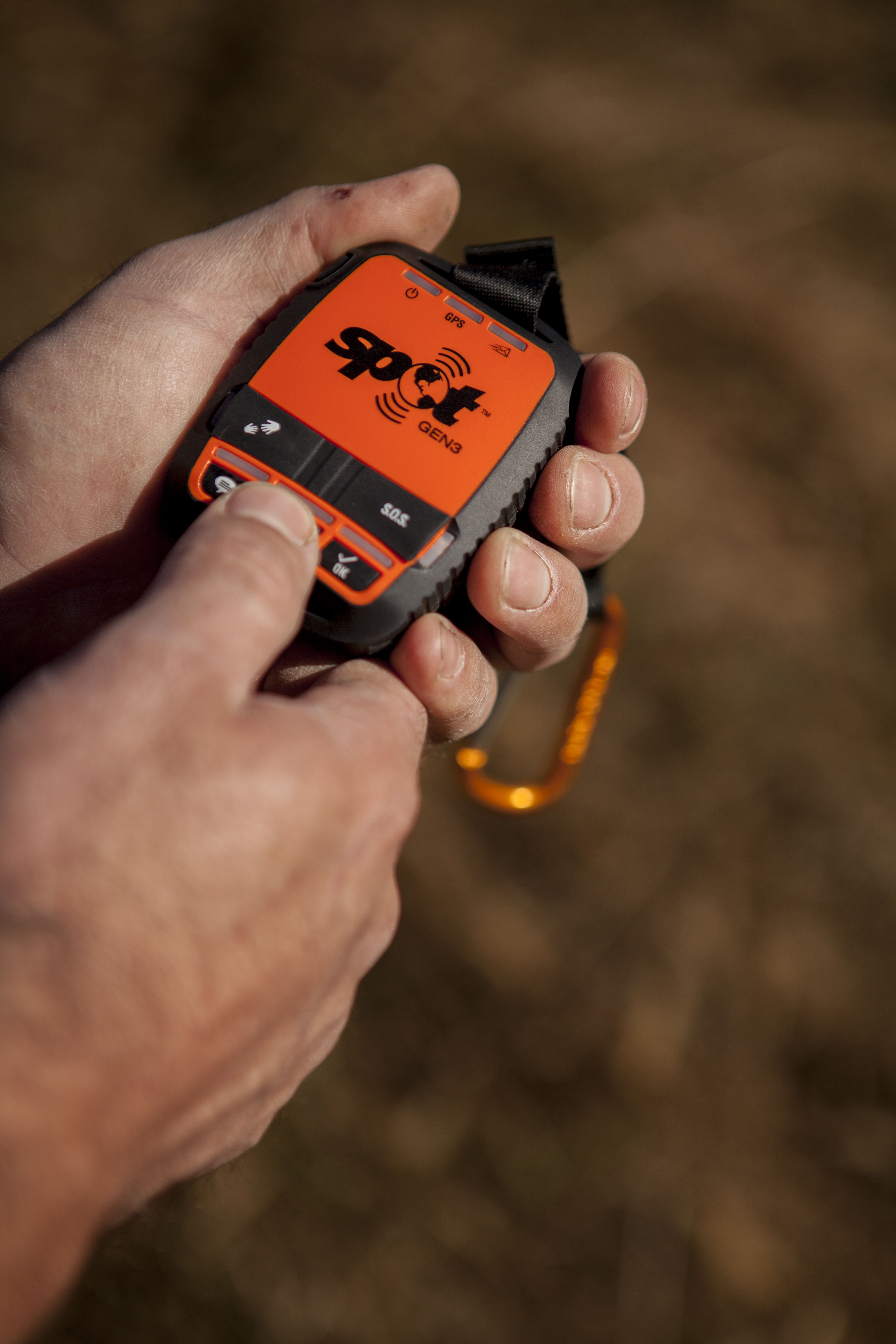
New Gear
Harvesting
New Gear
Staying safe with satellite communications
December 4, 2015 - Communication solutions for the management, safety and wellbeing of employees working on logging and forestry projects in remote areas is paramount for today’s employers. With operations often located in challenging and difficult-to-access areas, unreliable cellular phone networks create unique challenges for crews and lone workers. However, these challenges can be addressed with the latest satellite communications technologies.
Team and lone worker safety
Whether provincially mandated or required by company health and safety policies, the issue of work alone and employee check-in requires that organizations provide field workers with a reliable means of communication at all times with each other and headquarters. This is particularly challenging for companies with operations in resource industries such as forestry, oil and gas, and mining since workers may spend the better part of their working day in isolated areas well beyond cellular range.
To add to the safety imperative of maintaining reliable communications channels for remote workers, ensuring access by emergency services in hard-to-reach locations and under difficult conditions is a challenge. A communications system that can swiftly raise the alarm for workers in an emergency situation, pinpoint their GPS location and initiate a speedy response or rescue is, therefore, essential. To meet these challenges, many companies are turning to the latest satellite-based communications solutions.
Team communications and welfare
Satellite phones are another critical piece of gear, providing remote workers a convenient and reliable way to keep in touch with colleagues working at different parts of the site or back at head office. If anyone encounters a problem with an important piece of equipment or needs a spare part, this can be communicated immediately, whatever the environment and however remote the location, helping to minimize downtime. Equipment operators can connect in real-time with master mechanics to troubleshoot problems on-the-spot.
On-site workers can also use the phone for day-to-day operations and project management, helping to maximize efficiencies and bring the project in on budget. The important attributes to consider in a satellite phone service are crystal-clear voice quality, a rugged, compact handset and long battery life.
A satellite phone boosts morale and welfare among remote workers who are working away from home for extended periods of time and need an easy way to call friends and family. There are now a range of affordable options that are ideal for seasonal remote workers who don’t want to be tied to an annual contract. For example, Globalstar offers “shared” pre-paid cards that provide access on already activated post-paid phones, meaning that contractors can loan work-registered handsets to colleagues or friends without having to pick up the tab for workers’ calls home.
For companies and contractors working in rural and remote areas, getting the right communications infrastructure in place is vital. An affordable and reliable satellite communications device such as a satellite messenger and satellite phone will not only minimize worker safety risk in remote locations, but will help employers address legislative work alone requirements, reporting, check in policies and improve overall worker productivity. With satellite communications, this provides a win-win solution that can even save lives.
Search and rescue
According to the National Search and Rescue Secretariat, Canada has one of the world's largest areas of responsibility for search and rescue: 18 million square kilometers of land of water, including: 243,800 kilometers of coastline; three oceans; and three million lakes including the great lakes and the St. Lawrence river system.
Canada’s vast geography includes 8 million square kilometers that fall outside the reach of traditional cellular and GSM networks – based on the CRTC's estimate that cell coverage extends to 20 per cent of Canada and that Canada's total land mass is 9.98 million sq. kilometres.
It is not unusual for a resource industry worker to be out of touch longer than anticipated. In some cases, he or she may have simply fallen behind schedule or has had some minor inconvenience, such as a mechanical breakdown, that kept them from returning or reporting in at a scheduled time. In other situations, they may be critically injured or worse. Up until now, the standard communication tools have made it almost impossible for employers or emergency responders to quickly determine the location, status and needs of stranded or injured workers and respond accordingly.
When considering support for lone workers, a satellite-based GPS messenger is a highly reliable and cost-effective option. Look for a messenger that is easy to set up, easy to use, and has any features you might require on the job; such as: the ability to send custom messages, a “check-in/OK” feature, and an emergency button that can be used to transmit an SOS message from locations where other communications devices may not work.
Jim Mandala is vice-president and general manager of Globalstar Canada Satellite Co., a leading provider of satellite voice and data services. Jim can be reached by email at JMandala@globalstar.ca.
December 4, 2015 By Jim Mandala

Print this page